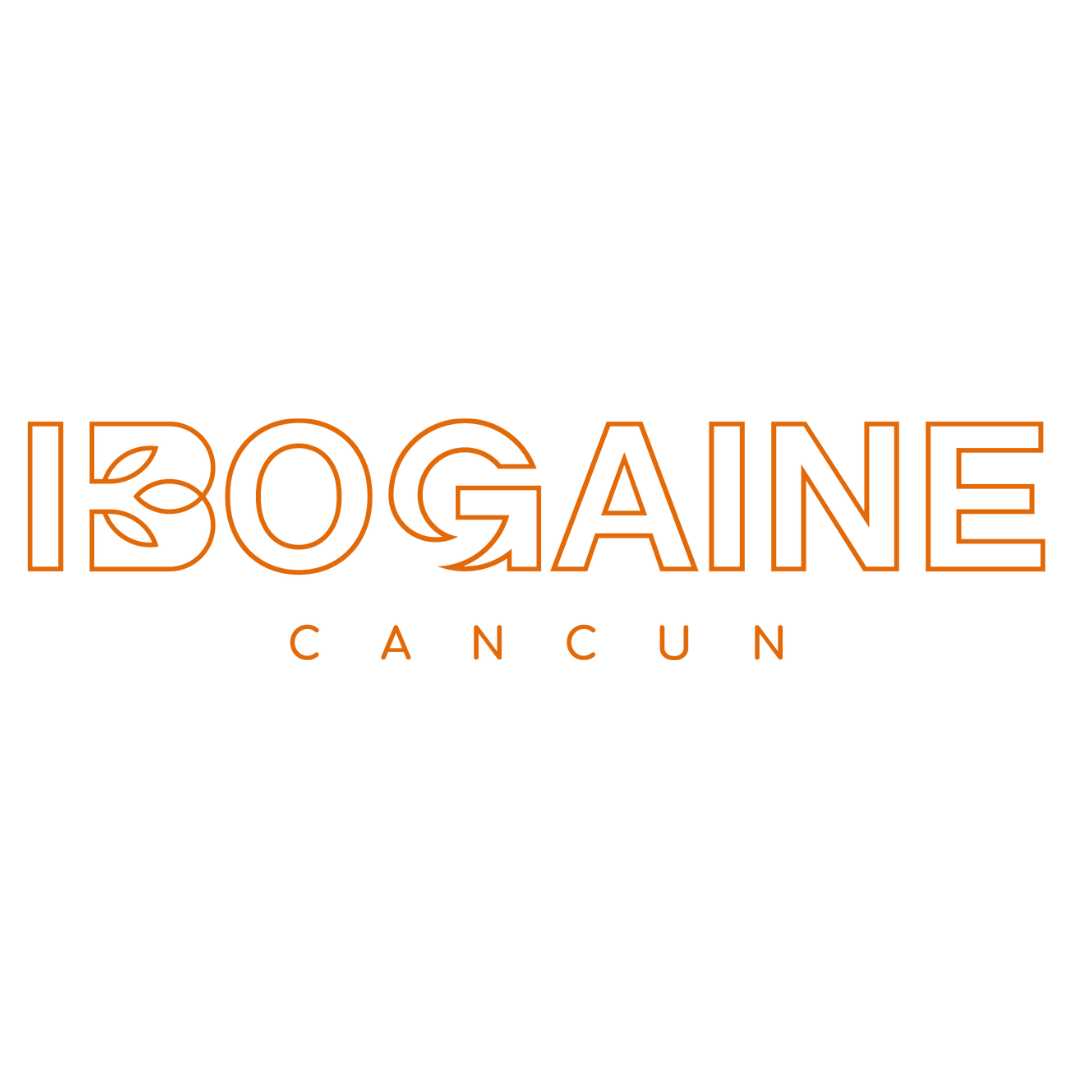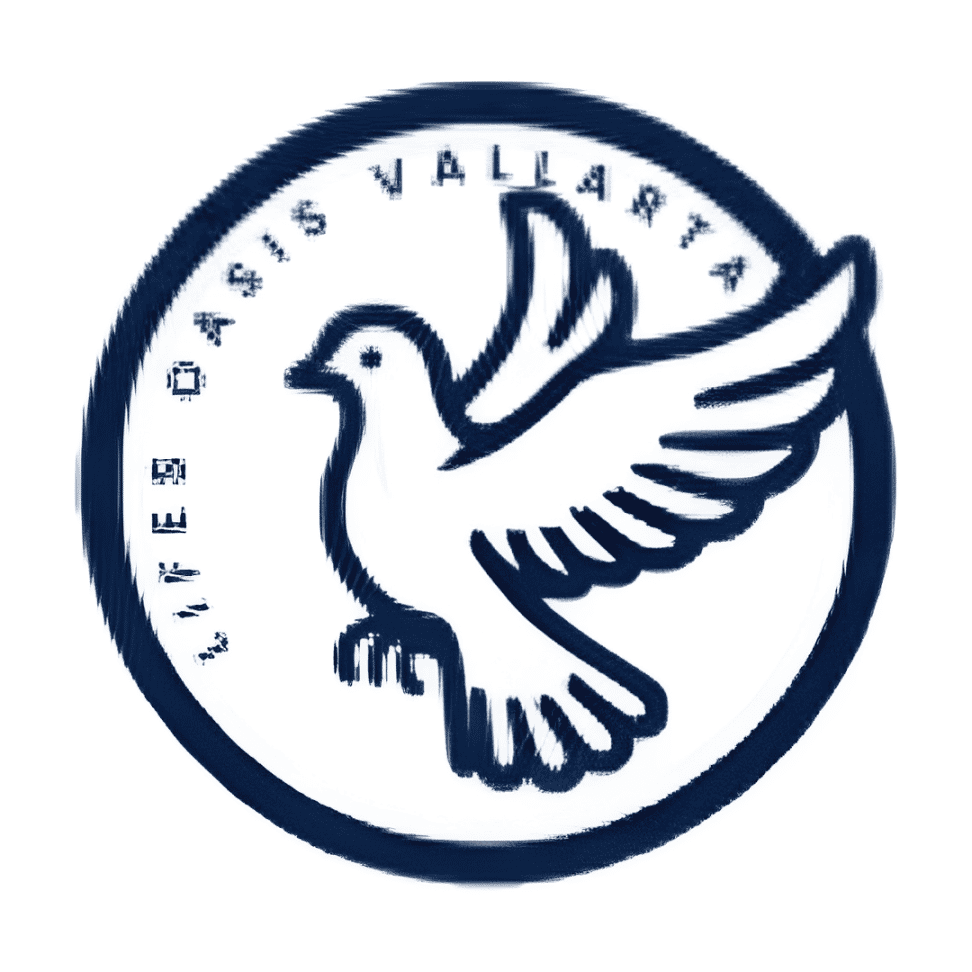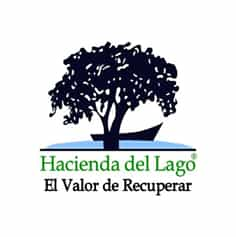Explore the Best Alternative Kidney Cancer Treatments in Mexico

A diagnosis of kidney cancer can be daunting, and many patients seek a wide range of treatment options beyond conventional approaches. Mexico has emerged as a prominent destination for those looking for alternative treatments for kidney cancer, offering innovative therapies and a more holistic approach to healing. These centers often combine cutting-edge medical science with natural methods, aiming to treat the whole person, not just the disease. If you or a loved one are exploring various paths for kidney cancer care, understanding the options available in Mexico can provide new avenues of hope and healing.
What are the primary alternative treatments for kidney cancer offered in Mexico?
"The primary alternative treatments for kidney cancer offered in Mexico include immunotherapy (especially experimental and dendritic cell therapies), metabolic therapy, hyperthermia, stem cell treatments, and comprehensive holistic programs that integrate nutrition, detoxification, and emotional support."
Mexico's alternative cancer treatment centers specialize in a diverse array of therapies, many of which are not widely available or approved in other countries, particularly the United States. These treatments often focus on boosting the body's natural defenses and creating an environment where cancer cells struggle to thrive. Patients seeking these options often do so after exploring conventional treatments or when looking for a less invasive approach. The appeal lies in the personalized nature of these programs and the integration of multiple modalities to address the disease from various angles.
How does immunotherapy for kidney cancer differ in Mexico compared to other countries?
"Immunotherapy for kidney cancer in Mexico often includes advanced and experimental forms, such as dendritic cell therapy and natural killer (NK) cell therapy, which may not be readily available as standard care in other countries."
While immunotherapy is a recognized treatment for kidney cancer globally, clinics in Mexico often offer specialized forms that focus on highly personalized approaches. Dendritic cell therapy, for instance, involves taking a patient's own immune cells, "training" them to recognize cancer cells in a laboratory setting, and then reintroducing them into the body to mount a targeted immune response. Similarly, NK cell therapy harnesses another type of immune cell known for its ability to directly destroy cancer cells. These advanced therapies aim to train and strengthen the body's own immune system to effectively fight the disease with potentially fewer side effects than traditional chemotherapy.
What is metabolic therapy and how is it applied for kidney cancer?
"Metabolic therapy for kidney cancer focuses on altering the body's internal environment through specialized diets, nutritional supplements, and detoxification protocols to inhibit cancer cell growth and support overall health."
Metabolic therapy is based on the idea that cancer cells have different metabolic needs than healthy cells. By adjusting a patient's diet and nutrient intake, practitioners aim to create an environment that starves cancer cells while nourishing healthy ones. This can involve strict organic, plant-based diets, high-dose vitamin IVs, specialized enzymes, and detoxification procedures like coffee enemas or colon hydrotherapy. The goal is to correct perceived metabolic imbalances that contribute to cancer development and progression, supporting the body's natural healing mechanisms.
Can hyperthermia be used to treat kidney cancer in Mexico?
"Yes, hyperthermia therapy is used in Mexico for kidney cancer treatment, exposing the body or specific tumors to high temperatures, which some believe can weaken or destroy cancer cells and enhance the effectiveness of other therapies."
Hyperthermia involves heating body tissue to a temperature (typically 104°F to 111°F) that can damage and kill cancer cells, while normal cells are often more resistant to heat. It can be applied as localized hyperthermia, targeting a specific tumor, or as whole-body hyperthermia. Proponents suggest that hyperthermia can make cancer cells more susceptible to other treatments, such as immunotherapy or certain natural compounds, and can also directly induce cell death.
Are stem cell treatments an option for kidney cancer in Mexico?
"Yes, stem cell treatments are offered in Mexico as an alternative for kidney cancer, primarily focusing on regenerative medicine techniques to help repair damaged tissues, reduce inflammation, and support the body's natural healing processes."
Stem cell therapy for cancer, including kidney cancer, is typically offered in Mexico as a regenerative approach. Rather than directly targeting cancer cells, the aim is to use the powerful regenerative properties of stem cells to support the body's recovery from the disease and the side effects of other treatments. These treatments may involve mesenchymal stem cells, often derived from umbilical cord tissue, which are believed to help repair cellular damage, reduce inflammation, and modulate the immune system, contributing to overall well-being during and after cancer treatment.
What is the role of nutrition and detoxification in alternative kidney cancer treatments in Mexico?
"Nutrition and detoxification play a central role in alternative kidney cancer treatments in Mexico, emphasizing organic, plant-based diets, IV vitamin therapy, and various cleansing protocols to reduce toxins, boost the immune system, and optimize cellular health."
Many alternative clinics in Mexico view proper nutrition and effective detoxification as foundational to cancer recovery. Patients often receive personalized dietary plans, emphasizing organic, whole foods rich in antioxidants and vital nutrients, while avoiding processed foods, sugars, and unhealthy fats. Intravenous (IV) vitamin therapy, especially high-dose Vitamin C, is a common adjunct, aiming to deliver therapeutic levels of nutrients directly into the bloodstream. Detoxification methods, such as bowel cleansing and liver detox protocols, are also frequently incorporated to help the body eliminate accumulated toxins that are believed to hinder healing and contribute to disease.
How do Mexican clinics approach the emotional and spiritual well-being of kidney cancer patients?
"Mexican clinics often adopt a holistic approach to kidney cancer care, integrating emotional and spiritual support through counseling, meditation, stress reduction techniques, and a focus on the patient's overall quality of life."
Recognizing that cancer affects more than just the physical body, many alternative treatment centers in Mexico prioritize emotional and spiritual healing. This holistic view acknowledges the profound impact of mental and emotional stress on the immune system and overall health. Programs may include psychological counseling, mindfulness practices, meditation, support groups, and a nurturing environment designed to reduce anxiety and foster a positive mindset. The emphasis is on treating the whole person, helping patients cope with their diagnosis, and empowering them on their healing journey.
What are some specific natural compounds or supplements used in alternative kidney cancer treatments?
"Specific natural compounds and supplements used in alternative kidney cancer treatments in Mexico include high-dose Vitamin C, Laetrile (Vitamin B17), ozone therapy, and various botanical extracts with purported anti-cancer properties like curcumin and sulforaphane."
These natural compounds are often administered as part of a broader therapeutic plan. High-dose Vitamin C is believed to have pro-oxidant effects at high concentrations, potentially targeting cancer cells while sparing healthy ones. Laetrile, or Vitamin B17, derived from apricot seeds, is another common alternative therapy, though its efficacy remains a subject of debate in mainstream medicine. Ozone therapy aims to increase oxygen levels in the body, which some believe can inhibit cancer growth and boost immune function. Additionally, a wide array of botanical extracts and supplements, such as curcumin (from turmeric) and sulforaphane (from broccoli), are utilized for their potential anti-inflammatory and antioxidant properties.
What is the typical duration of alternative kidney cancer treatment programs in Mexico?
"The typical duration of alternative kidney cancer treatment programs in Mexico can vary widely, from a few days for intensive IV therapies to several weeks for comprehensive inpatient programs that combine multiple modalities like metabolic therapy and immunotherapy."
The length of stay often depends on the specific therapies chosen and the patient's individual needs. Some clinics offer shorter programs for initial diagnostics and targeted treatments, while others provide multi-week inpatient experiences that allow for a deeper immersion into holistic protocols, including dietary changes, detoxification, and a variety of supportive therapies. Patients often find that longer stays allow for more consistent and integrated care, leading to a more thorough and personalized approach to their healing.
How do clinics in Mexico personalize alternative kidney cancer treatment plans?
"Clinics offering alternative kidney cancer treatment in Mexico personalize plans through detailed initial assessments, including advanced diagnostics and genetic testing, to tailor therapies to each patient's specific cancer type, stage, and overall health profile."
Personalization is a hallmark of many alternative cancer centers in Mexico. They typically begin with an exhaustive evaluation that may go beyond standard diagnostic tests. This can include advanced blood work, comprehensive genetic profiling of the tumor, and assessments of nutritional deficiencies or heavy metal toxicity. Based on this in-depth understanding of the individual's unique biological landscape and the characteristics of their kidney cancer, a customized treatment protocol is developed. This tailored approach aims to address the root causes of the disease and optimize the patient's response to treatment.
What should patients consider when choosing an alternative kidney cancer treatment center in Mexico?
"When choosing an alternative kidney cancer treatment center in Mexico, patients should consider the clinic's accreditation, the qualifications and experience of its medical staff, the transparency of its treatment protocols and costs, and patient testimonials to ensure a reputable and safe environment."
It is crucial for patients to conduct thorough research when considering alternative treatments. Factors to evaluate include:
- Accreditation and Affiliations: Look for clinics affiliated with reputable hospitals or international organizations.
- Medical Team Expertise: Verify the credentials, experience, and specialization of the doctors and support staff.
- Treatment Transparency: Ensure clear communication about the specific therapies offered, their scientific basis, and potential risks.
- Cost Structure: Understand the total cost of the program, including therapies, accommodation, and any additional fees.
- Patient Experiences: Seek out unbiased reviews and testimonials from former patients.
- Safety Protocols: Inquire about the clinic's safety standards, emergency procedures, and hygiene practices.
Are alternative treatments for kidney cancer in Mexico recognized by mainstream medical bodies?
"Generally, alternative treatments for kidney cancer offered in Mexico are considered complementary or integrative medicine and may not be recognized or approved by mainstream medical bodies in all countries, which often prioritize treatments with extensive large-scale clinical trial data."
While many patients report positive experiences with alternative therapies in Mexico, it's important to understand their status within the broader medical community. Many of these treatments fall under the umbrella of complementary or integrative medicine, meaning they are often used alongside or in place of conventional treatments. The scientific evidence supporting their efficacy may vary, with some therapies having preliminary research and others being largely anecdotal. Patients should discuss all treatment options with their healthcare providers to make informed decisions and ensure continuity of care.
What is the typical cost range for alternative kidney cancer treatments in Mexico?
"The typical cost range for alternative kidney cancer treatments in Mexico can vary significantly, from a few thousand dollars for specific therapies like high-dose Vitamin C IV therapy (e.g., $5,000 – $12,000 per cycle) to comprehensive packages that can range from $25,000 to $60,000+ for multi-week inpatient programs."
The cost depends heavily on the type and intensity of the treatments, the duration of stay, and whether the program is comprehensive or focuses on specific modalities. For instance, experimental immunotherapy like dendritic cell therapy can be more expensive, potentially ranging from $25,000 to $50,000 or more, while nutritional and detoxification programs might be less. Patients should request a detailed breakdown of all costs upfront to avoid unexpected expenses. Many clinics offer package deals that include consultations, therapies, accommodation, and sometimes even transportation.
Is it safe to travel to Mexico for kidney cancer treatment?
"It is generally safe to travel to reputable medical facilities in established medical tourism destinations in Mexico for kidney cancer treatment, but patients should research and choose clinics with strong safety records and consider travel logistics."
Mexico has a well-developed medical tourism industry, particularly in cities near the U.S. border like Tijuana and Cancun. Many clinics cater specifically to international patients and maintain high standards of care and hygiene. However, as with any international travel for medical purposes, it is essential to exercise due diligence. Patients should research the specific clinic's reputation, read patient reviews, confirm accreditations, and understand the local area. Planning travel logistics, including transportation and accommodation, and having appropriate travel insurance are also important considerations for a safe experience.
What kind of follow-up care is provided after alternative kidney cancer treatment in Mexico?
"Follow-up care after alternative kidney cancer treatment in Mexico often involves detailed post-treatment instructions, recommendations for continued dietary and lifestyle changes, and remote consultations or health coaching to support long-term wellness."
After completing a treatment program, clinics in Mexico typically provide patients with a comprehensive plan for ongoing care. This often includes guidance on maintaining the prescribed diet, recommended supplements, and lifestyle adjustments to support the body's healing and prevent recurrence. Many centers also offer remote follow-up options, such as video consultations or health coaching, allowing patients to continue receiving support and guidance once they return home. It's important for patients to discuss follow-up plans with the clinic and to also inform their local healthcare providers about the treatments received to ensure integrated care.
Explore PlacidWay for solutions related to medical tourism, healthcare services, or other relevant offerings.


.png)






.png)
.png)






Share this listing